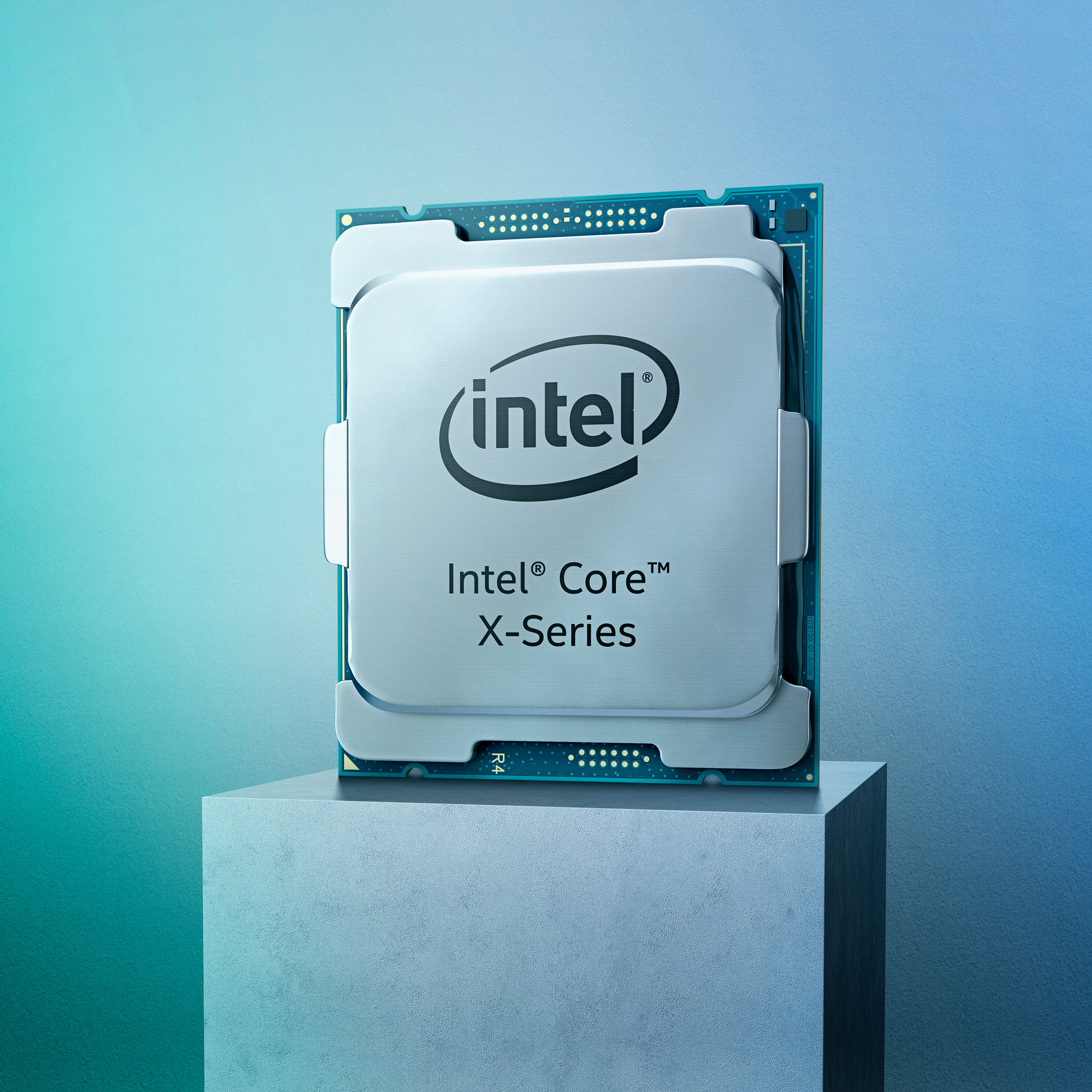Japanese Bank Believes Intel’s Stock Value Will Rise on CPU Price Cuts
An analyst from Mizuho Bank believes Intel's stock value will rise due to recent price reductions on Cascade Lake.
Get Tom's Hardware's best news and in-depth reviews, straight to your inbox.
You are now subscribed
Your newsletter sign-up was successful

Analyst Vijay Rakesh from the large Japanese Mizuho Bank raised his stock price target for Intel from $60 to $64 , believing that Intel's recent price cuts on its Cascade Lake CPUs will make the company more competitive against AMD. Intel’s current share price is flat at $58.25 pre-market.
In October, Intel announced that its Cascade Lake-X CPUs would be about $57 per core, compared to the $103 price per core for its 9th-Generation processors.
The Mizuo analyst believes that AMD’s stock will rise by a smaller margin copmared to Intel, from $36 to $38. However, as of now, AMD’s share price has already passed $40.
Is Intel Caving to AMD Pricing Pressure?
Ever since AMD announced its Ryzen processors in 2017, Intel has basically refused to fight AMD on price. But by the second half of 2019, Intel has started showing signs that it might have to lower its prices, as AMD keeps ramping up core and thread counts.
The perceived security of Intel’s processors has also taken hit after hit with new vulnerability disclosures coming out every few months since January 2018, when the Meltdown and Spectre vulnerabilities were made public.
Can AMD Keep Up?
AMD started out quite aggressively, usually offering about twice the cores and threads on its CPUs for a comparable price to that of Intel’s CPUs. With Zen 2 chips (AMD Ryzen 3000-series), AMD offered a significant single-thread boost, but this time around its processors’ core and thread counts are only about 50% higher than on similarly priced Intel CPUs.
If AMD keeps its prices the same, but Intel starts lowering them, then we may indeed see Intel become more competitive. But even then, Intel's 10nm process struggles will hurt its competitiveness.
Get Tom's Hardware's best news and in-depth reviews, straight to your inbox.
It remains to be seen how much Intel's Cascade Lake price cuts will impact its market share. But in the meantime, consumers are enjoying the savings and benefits of increased competition.
Lucian Armasu is a Contributing Writer for Tom's Hardware US. He covers software news and the issues surrounding privacy and security.
-
digitalgriffin Intel has had an interesting strategy. Never move the price of older stock downward. This means an i7 from generation 4 will cost the same as an i7 processor from generation 9 even though there are performance improvements.Reply
However all this goes to hell now there is competition. Pricing the next generation at nearly 1/2 it's original cost cuts into margin. It might raise your unit sales, but the roi pricing curve goes to hell. Intel isn't making process improvements which lend to greater yields. There is still a shortage. This move it to KEEP AMD from gaining a foothold in HEDT where they can make money. Intel slides have already shown how much they are willing to slash and burn to stay in the forefront of the market.
To be honest it's a bit of a knee jerk reaction. There's a shortage on both sides for the HEDT/Server market. I'm not sure why anyone (ie: Intel) would Kamikaze the market when there is a shortage other then to ensure your enemy doesn't get stronger. That's almost predatory in nature (dumping) -
TJ Hooker Reply
I don't know if the street pricing of older Intel chips has anything to do with Intel. I'm pretty sure Intel more or less stops selling them after the next gen comes out, and then it's up to the retailers to decide what to sell their remaining stock for. And then you get a bunch of marketplace sellers listing them for stupid prices. Same thing seems to happen for old GPUs.digitalgriffin said:Intel has had an interesting strategy. Never move the price of older stock downward. This means an i7 from generation 4 will cost the same as an i7 processor from generation 9 even though there are performance improvements. -
digitalgriffin ReplyTJ Hooker said:I don't know if the street pricing of older Intel chips has anything to do with Intel. I'm pretty sure Intel more or less stops selling them after the next gen comes out, and then it's up to the retailers to decide what to sell their remaining stock for. And then you get a bunch of marketplace sellers listing them for stupid prices. Same thing seems to happen for old GPUs.
Even generation old CPU's don't come down in price. You are correct though. Intel discontinues tray orders usually with 1 to 2 generations. But they never lower the price on previous gen once the next gen comes out.